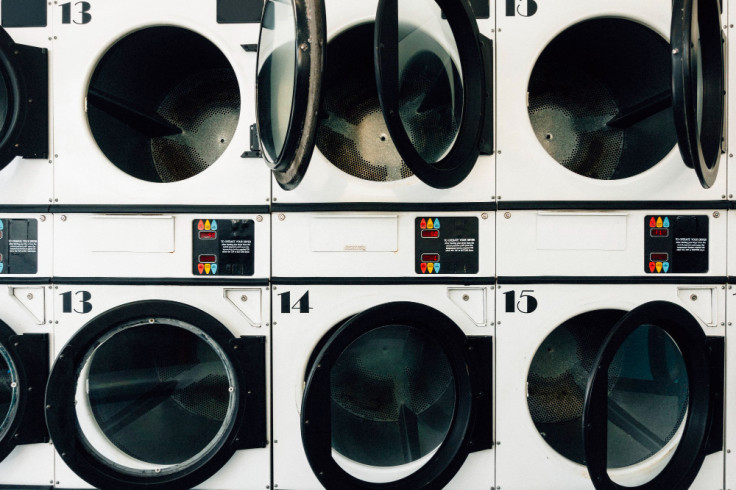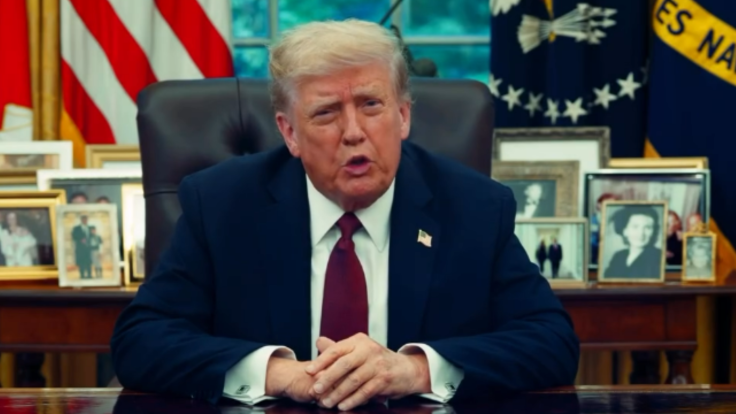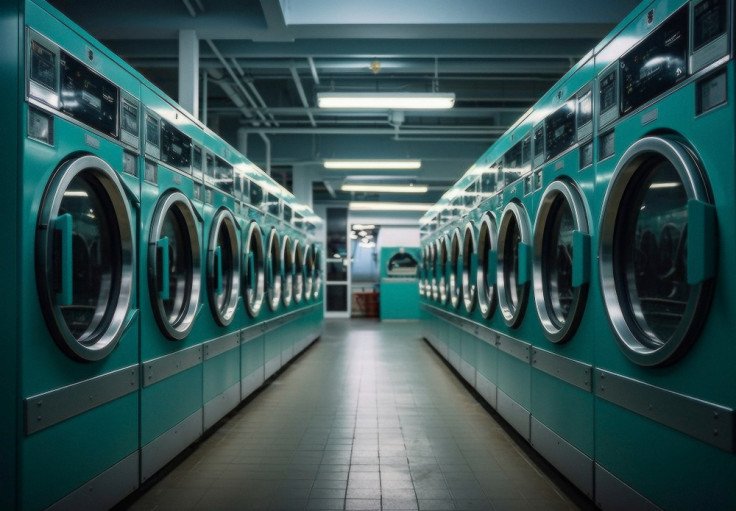Samsung, GE and LG Accused of Sneaky $700 Price Drop on Washers to Evade Trump's 60% Tariffs
Appliance giants accused of strategic price cuts to evade tariff shock—regulators and rivals push back

Major appliance makers Samsung, GE and LG are facing scrutiny from regulators and rivals over allegations they slashed washing machine prices by as much as $700 in early June 2025 to sidestep steep tariffs introduced by Donald Trump's administration.
The move has sparked concern among regulators and domestic competitors, who argue that the tactic undermines the intent of the tariff regime, which is designed to protect US manufacturing.
Tariff Shock: Trump's 60% Clampdown on Steel-Based Appliances

In June 2025, the Trump administration announced a sweeping expansion of its steel tariff policy, doubling duties on steel and its derivatives from 25% to 50%.
Crucially, the list of affected goods was widened to include finished appliances such as refrigerators, dishwashers and washing machines. The effective tariff rate on some imported washers now exceeds 60%, once steel content and associated duties are factored in.
The policy, outlined in the presidential order Adjusting Imports of Aluminium and Steel into the United States, aims to curb foreign competition and bolster domestic production.
According to the White House fact sheet, the tariffs are intended to 'protect American manufacturers from unfair pricing practices and restore balance to the domestic steel market.'
Price Drop Allegations: Strategic Undercutting or Tactical Compliance?
Industry insiders say Samsung, GE and LG responded to the tariff announcement with aggressive price adjustments, particularly on high-end washing machines.
Dealers reported seeing markdowns of $500 to $700 on select models in early June, just ahead of the tariff's implementation date of 23 June.
While the companies have not publicly confirmed the motive behind the price cuts, analysts suggest the timing was no coincidence.
By lowering prices before the tariff took effect, manufacturers could clear inventory at pre-tariff rates and avoid passing costs onto consumers—at least temporarily.
According to The Korea Times, Samsung and LG manufacture most of their appliances in Mexico and Vietnam, making them highly exposed to the new tariff regime.
Although both brands operate US-based facilities, local production volumes remain limited, and sourcing US-made steel is not yet viable at scale.
GE, now majority-owned by Chinese investors, also issued a revised national price list on 30 June, suggesting a strategic realignment of pricing in response to the tariff shock source.
Domestic Manufacturers Cry Foul
US-based appliance makers, including Whirlpool and BSH Home Appliances, have voiced concern over what they describe as 'tactical evasion' of the tariff's intent.
Whirlpool, in its April earnings report, noted that early price adjustments helped protect margins but warned that foreign competitors may be gaming the system to maintain market share.
BSH, which owns Bosch and Thermador, raised prices by 3% to 7% in early 2025 in response to rising material costs and tariff pressures. While the company has not publicly committed to further increases, industry analysts expect additional adjustments if steel prices and import duties continue to climb.
Regulatory Response and Market Implications

While no formal investigation has been launched, trade officials are reportedly monitoring pricing behaviour across the sector.
The Bureau of Industry and Security, which oversees tariff enforcement, has not commented on the allegations but confirmed that appliance imports are now subject to enhanced scrutiny.
Retailers say the impact is already visible. Appliance Loft, a regional dealer, told WCPO that washers arriving post-tariff are priced 5% to 10% higher than older stock, and further increases are expected as new shipments arrive.
For consumers, the fallout could mean higher prices and fewer discounts heading into the holiday season.
For manufacturers, the challenge lies in striking a balance between compliance and competitiveness, particularly as domestic and foreign players navigate a rapidly evolving regulatory landscape.
What Comes Next?
With the tariff regime now in full effect and scrutiny mounting, appliance makers may face pressure to justify pricing strategies and demonstrate good-faith compliance. Whether Samsung, GE and LG's alleged markdowns constitute a breach of trade policy or a savvy business manoeuvre remains to be seen.
As the market recalibrates, one thing is clear: the battle over washers is no longer just about spin cycles; it's about global trade, domestic regulations, and the future of consumer pricing in an increasingly protectionist America.
© Copyright IBTimes 2025. All rights reserved.





















